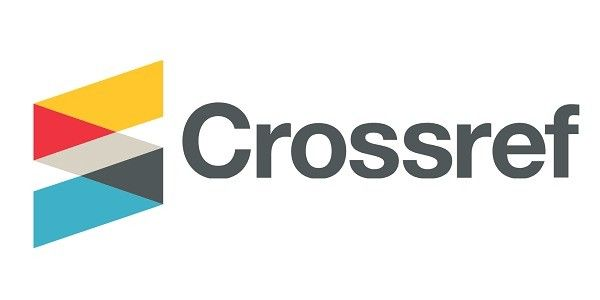МҰНАЙ БИТУМЫН ПОЛИМЕРЛІ ҚАЛДЫҚТАР МЕН СТИРОЛБУТАДИЕНСТИРОЛ ЖӘНЕ ЭЛВАЛОЙ ПОЛИМЕРЛЕРІМЕН МОДИФИКАЦИЯЛАУ
DOI:
https://doi.org/10.56525/CDKX9600Кілт сөздер:
тұрмыстық полимер қалдықтары, мұнай битумы, модификация, пластификаторАңдатпа
Полимерлі материал қалдықтарын қайта өңдеу қоршаған ортаны тазартуға және жақсартуға ықпал ететін болғандықтан, жақсартылған сипаттамалары бар модификацияланған жол битумын алу үшін шикізаттың табиғатына және қалдық құрамы мен модификациялау процесі үшін параметрлерді таңдауға бағытталған кешенді тәсіл қажет. Бұл жұмыста жол битумын пластификаторды қосу арқылы полимер қалдықтарымен модификациялауды зерттеу нәтижелері берілген. Сынғыштық температурасын төмендетуге қабілетті пластификаторды енгізу арқылы рецептурасы жаңартылды. Битумдарды өзгерту процесін жүргізу үшін қондырғы жасалды. Қондырғы-электр арқылы қыздырылатын Болат цилиндрлік реактор, ал қыздыру температурасы термостатпен бекітіледі. Жоғарыдан араластырғыш реакторға қосылған, бұл процесті күшейту үшін шикізатты механикалық араластыруға мүмкіндік береді. Полимерлі-битумды байланыстырғыштың оңтайлы формуласы мұнай битумымен салыстырғанда жақсартылған өнімділігімен ерекшеленеді.
Пластикалық қалдықтарды қосу арқылы полимербитумды байланыстырғыштарды дайындаудың ең оңтайлы формуласында 3 мас бар. % қалдықтар, 1-ден 3% - ға дейін СБС модификатор (модификаторды пайдаланбай 3% Пластификатор), қалғаны битум массасы. Полимер қалдықтарын пайдаланудың артықшылығы-оны алудың арзандығы және битум композит құрамындағы полимер компоненттерінің стратификациясын болдырмау үшін СБС қатысуымен битумды байланыстырғыштың құрамындағы құрылымның қалыптасуы.






